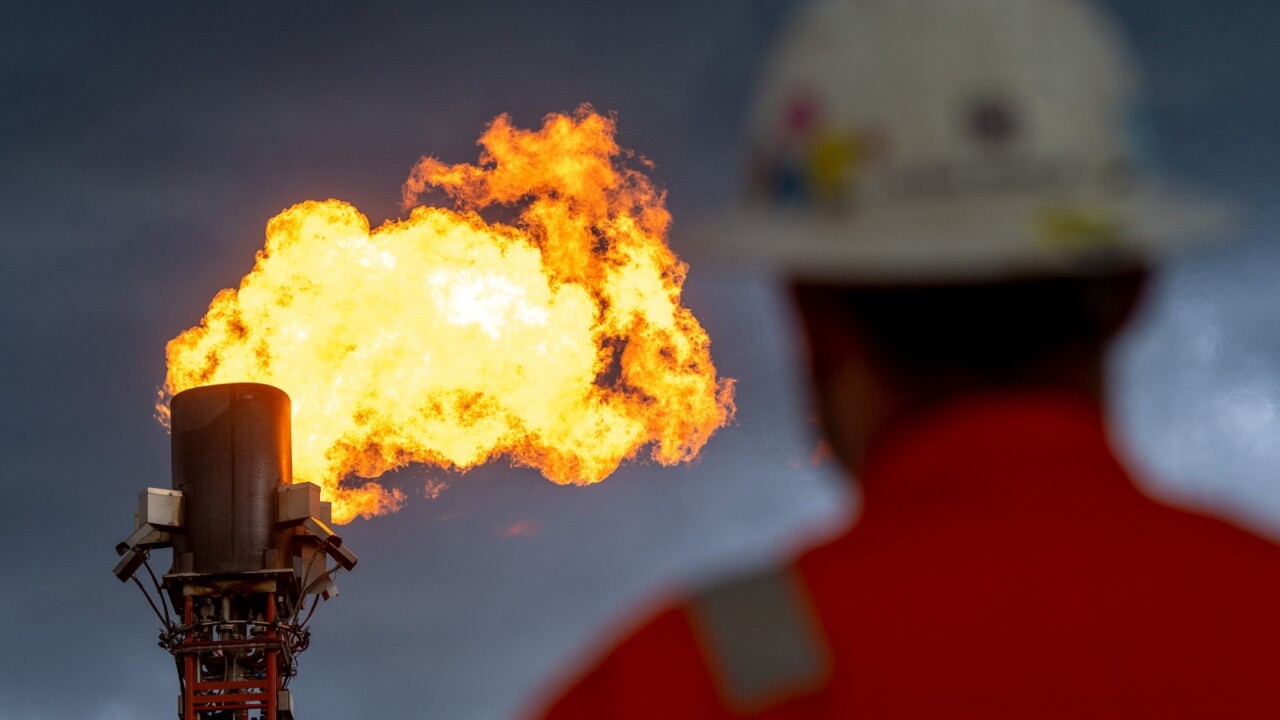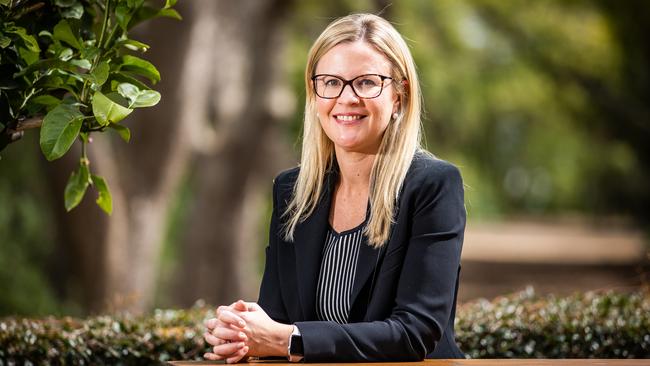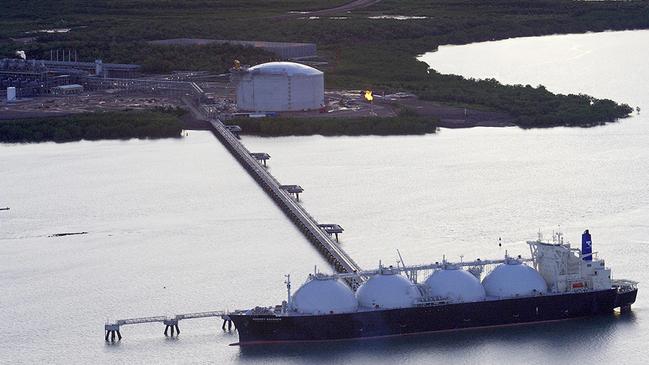Senate committee endorses government’s gas code of conduct despite the market’s revolt
Labor’s centrepiece gas policy has drawn a barrage of market criticism but a Senate committee insists it is working and will lower retail prices soon.

The Federal Labor government’s centrepiece of gas intervention will have the desired effect of lowering prices, a Senate committee has concluded – rejecting opposition from industry giants such as Woodside Energy.
The federal government moved in late 2022 to impose a mandatory code of conduct – the centrepiece of which included a cap of $12 a gigajoule on new supplies – as heavy users led by Australia’s manufacturing sector complained their viability was at risk.
The code has led to a chorus of criticism from the gas industry, which says the penalties will deter investment in new supplies and exacerbate an eastern seaboard domestic shortage.
In a review of the legislation, however, the Senate economics legislation committee said the code of conduct is, or would eventually, have the desired effect. It endorsed the legislation despite some dissent from Coalition members.
“The committee notes evidence from the Australian Competition and Consumer Commission that the temporary price cap issued by the government in December 2022, at $12/GJ, has successfully decreased pressure on gas prices,” the committee concluded.

“The committee further notes the effects of the gas code of conduct are expected to flow into the retail sector and improve retail prices as contracts become due.”
The endorsement of the legislation will disappoint a market that continues to push a view that the bill is unwarranted and a definitive end date should be adopted.
The 12/GJ cap is currently in place until 2025, although it could be extended.
The end date of the cap is expected to coincide with an east coast gas crunch.
Australian Energy Producers chief executive Samantha McCulloch said any shortfall would be on the government.
“With the code putting the government at the centre of east coast gas market operations, the government must urgently prioritise bringing on new gas supply,” she said.
“This includes through providing clear policy direction on the ongoing importance of gas, providing a long-term price signal to the market and removing regulatory barriers to new investment.”
Exxonmobil’s Gippsland Basin joint venture, which historically supplies more than 70 per cent of southeast Australia’s domestic gas demand, is rapidly dwindling, but the country is struggling to boost local supplies.
Energy companies have struggled to win regulatory and local support for new gas developments, while environmentalists have successfully managed to block work on several potential sources of supplies.

Without new sources of supply across the east coast, the region may have to turn to so-called LNG import terminals – with gas imported from WA or the NT like energy-poor countries such as Singapore and Korea do. Australia is one of the world’s largest LNG exporters, led by WA which has a more favourable legislative and regulatory framework towards the fuel source.
Senior energy executives are increasingly alarmed by the prospect of a looming eastern seaboard shortage, insisting that a shortfall would jeopardise the country’s transition away from coal.
Australia has set an ambitious target of having renewable energy generate more than 80 per cent of the country’s electricity by 2030, although progress has proved to be frustratingly slow.
Work to progress Australia’s so-called firmed capacity – generation that can be dispatched when the sun is not shining or the wind is not blowing – is lagging well behind because batteries are prohibitively expensive and pumped hydro is proving difficult to overcome local opposition.
Gas is the most logical replacement, but limited supplies will inhibit the ability of Australia to wean from coal, a fact acknowledged by Woodside in its submission to the Senate inquiry. Woodside executive vice-president marketing and trading Mark Abbotsford said Australia would be better served by embracing its benefits, including allowing the fuel source to be included in the government’s capacity mechanism.
“While Woodside remains supportive of the federal government’s objectives of promoting access to affordable and reliable domestic gas, we believe there are other policies that could support the code to achieve greater supply and put structural, long-term downward pressure on prices,” Mr Abbotsford said.
The federal government’s capacity investment results in generators being paid to ensure sufficient generation capacity is on hand.
The former Morrison Coalition government included coal in the scheme, drawing condemnation from state Labor governments which dubbed it coal-keeper.
With Victoria leading the revolt, gas and coal were eventually carved out of the scheme, widely seen as denting the effectiveness of it.




To join the conversation, please log in. Don't have an account? Register
Join the conversation, you are commenting as Logout